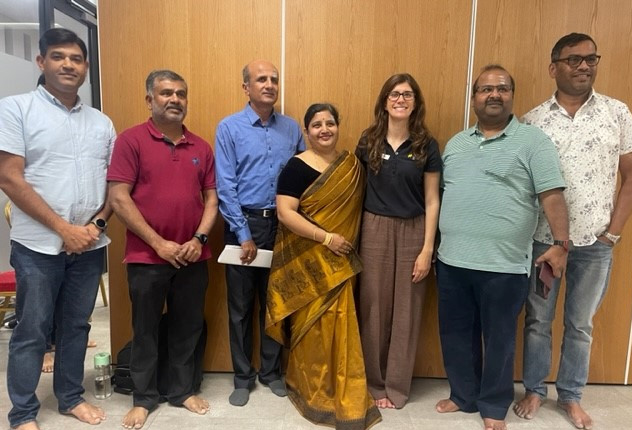
Thanks to generous funding from a HBF grant, Cancer Council WA has been able to pilot a culturally and linguistically diverse (CaLD) ambassador program to improve bowel cancer screening rates among Indian-born West Australians.
In Australia, the participation rate of the general population in the National Bowel Cancer Screening Program sits at about 40.9%. Participation rates in certain priority populations including people from CaLD backgrounds are even lower. This is why working with these groups is so important.
Research shows that the lack of engagement with bowel cancer screening may be due to a range of factors, including:
- Lower awareness of the risk and consequences of bowel cancer compared to other cancers.
- English language difficulties and lower health literacy.
- Difficulties understanding the test kit instructions.
- Different cultural beliefs surrounding a cancer diagnosis.
Improving participation in bowel cancer screening is an important step towards early detection and future improved survival outcomes, which was a goal addressed by this pilot CaLD ambassador program.
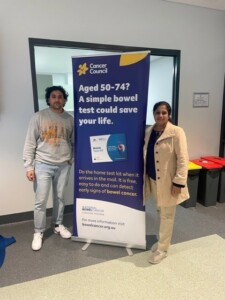
This pilot program aimed to reach at least 100 Indian-born Western Australians through community events and communication activities. This goal was surpassed, with a total of 137 attendees recorded from all events.
The program involved upskilling volunteer ambassadors from the local Indian-born Western Australian community, who received training and resources to run events and communication activities to educate and engage the Indian community. This ensured that activities were organic, culturally sensitive and presented appropriately to the community. Ambassadors delivered a total of six events that encouraged people to ask questions and engage more readily with the bowel cancer screening process. These activities were all designed to promote bowel cancer screening and spread awareness about bowel health with the overall goal being to improve bowel cancer screening rates and in the future survival outcomes for Indian-born Western Australians. Activities were diverse, so as to reach as many community members as possible and to engage with our ambassadors’ local networks and social groups, these included: fitness demonstrations, yoga sessions, a table tennis exhibition, a prayer session and a singing event.
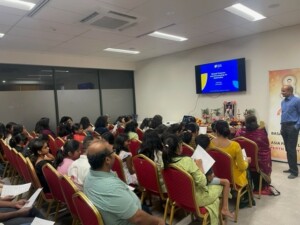
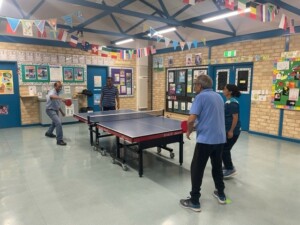
All of the feedback received from participants was positive, with the majority of responses indicating that the sessions were informative, engaging, and easy to understand, with some participants indicating they had re-ordered their kit after participating in the session.
This pilot project demonstrated that grass roots engagement with priority community groups is effective for improving knowledge and clarifying uncertainties with health programs, such as the bowel cancer screening program.
The program encouraged people to participate in screening and anecdotally some attendees have already completed their bowel screening kit as a result of this experience. This project also allowed Cancer Council WA to form additional networks and relationships in this community.
Cancer Council WA is now searching for additional funding to repeat this project on a larger scale to be able to work further with other priority populations.
We would like to sincerely thank HBF for their incredible support of this essential program.
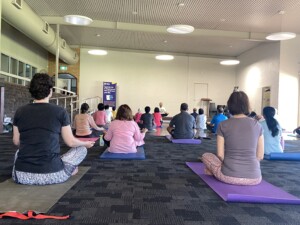
For more information
- To find out more visit the bowel screening site.
- Visit our early diagnosis and national cancer screening program website pages to learn more about cancer screening and finding cancer early.
- For information about bowel cancer, click here.
- To read more about funding, including grants, visit our funding opportunities.